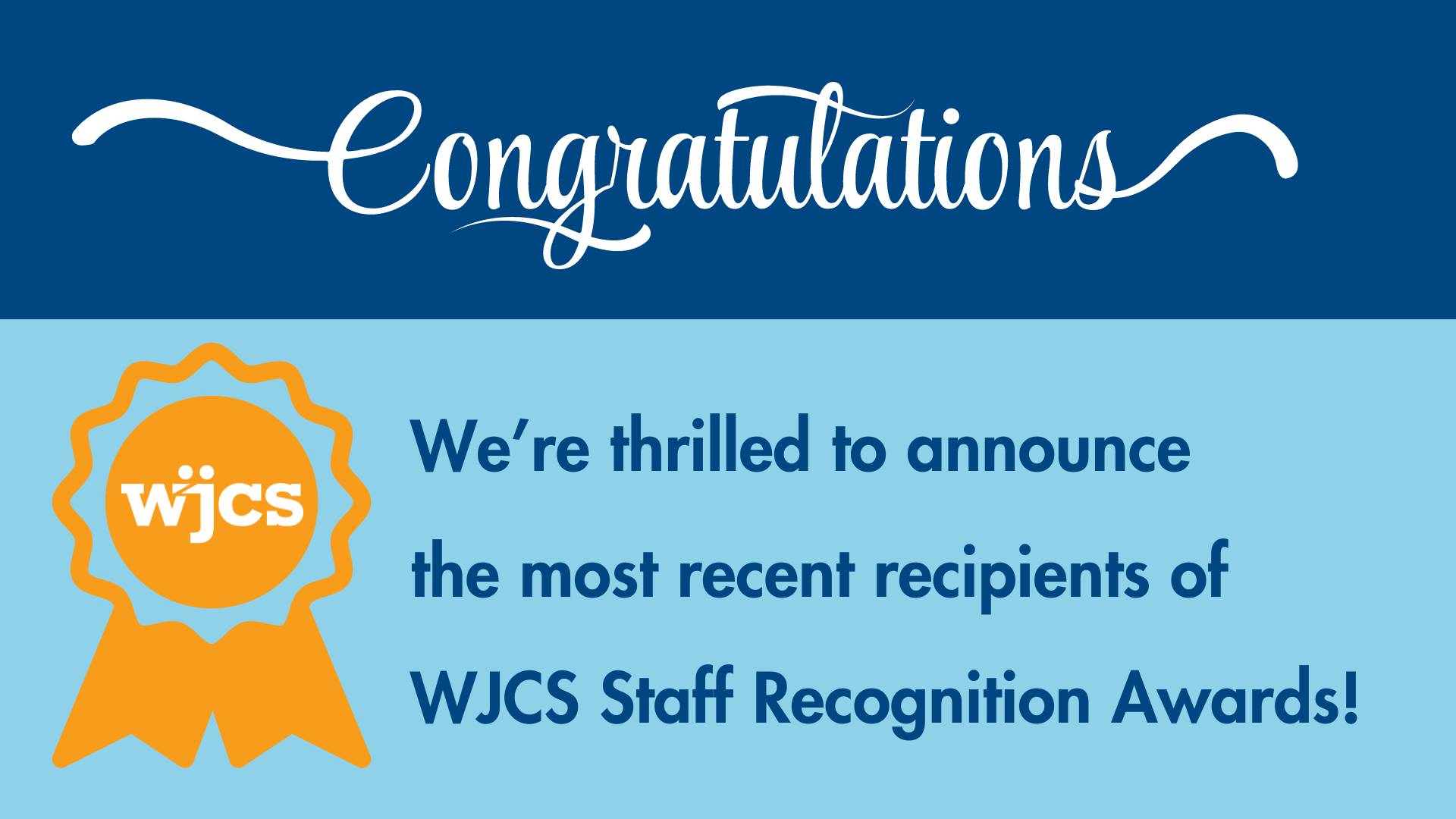As an agency serving the mental health and wellness needs of individual across the lifespan, WJCS is focusing not just on the mental health of our clients, but also our team members. In order to guard against burnout and vicarious trauma while boosting connections, stress-reduction, self-care, and community spirit, WJCS is hosting Employee Mental Health & Wellness activities such as gardening, fun & games in the sun, and a workshop on stress reduction & relaxation techniques. We’re also reminding our employees of our Employee Assistance Program and sharing 10 tips for Self-Care and Mental Wellness. We’re sharing those tips with you too!
#1: Taking a Break & Unplugging Pushing yourself to work to the point of exhaustion can lead to burnout and prolonged screen-time can lead to brain fatigue, eye strain, and sleep disruption. Our brains and bodies need breaks, especially during long periods of time working. So put work on pause from time to time and take your lunch break, give your eyes a rest, stand and stretch, or get some fresh air.
Take it a step further and apply that screen-time break to social media- here are 9 reasons why
#2: Get Enough Sleep Sleep impacts our psychological health, mood, metabolism, and our immune system which are especially critical during times of stress. A consistent sleep schedule, a relaxing bedtime routine, and avoiding large meals before bed all support healthy and adequate sleep so you can start each day “on the right side of the bed.”
Having trouble sleeping? Here are 10 tips to tackle insomnia.
#3: Eat a Nutritious and Balanced Diet What we eat impacts our performance, energy level, mood and satisfaction. Getting enough vitamins, minerals, and omega-3 fatty acids also promotes improved cognition and reduces the risk of depression and anxiety. It’s all about balance; eating a piece of cake might bring you comfort and satisfaction, but remember our bodies need green veggies, lean meats, and healthy fats to operate in peak performance.
Here are 40 healthy dinner recipes that are both flavorful and filling.
#4: Get Physical Exercise helps to reduce symptoms of anxiety and depression while improving self-esteem, mood, cognition, and memory. An added benefit is enjoying social connection, fun, and homing in on new physical skills in the process. Starting an exercise routine can be as simple as a morning or lunchtime walk.
Get moving with this free 30 minute cardio workout video!
#5: Practice Mindfulness & Meditation Regular meditation and mindfulness practice can help reduce stress and anxiety, improve concentration and focus, and increase feelings of calm and well-being. Studies have also shown that these practices can help lower blood pressure, improve sleep quality, and strengthen the immune system. Meditation can calm the mind with the simple steps of closing your eyes, sitting upright, and focusing on your breathing.
Try out the Headspace App for free guided meditation and mindfulness exercises
#6: Laugh! Milton Berle once said that “Laughter is an instant vacation.” The art of humor has been used for generations as a way to cope with stressful situations. Research shows that laughter reduces stress, anxiety, isolation, and tension. Laughter improves mood, memory, creative thinking, and ability to cope with difficult situations. Find some time to laugh today!
Take a listen to one or all 17 of these hilarious podcasts
#7: Keep a Reflection Journal Taking time to reflect and collect your thoughts in a journal helps to ease anxiety, process emotions, deepen your self-awareness, and clear a busy mind. Using guided reflection questions can also help you to take stock of the positives, keep on track with your goals, and count your wins no matter how big or small. Don’t have a journal handy for that surprise “ah ha” moment? Record your thoughts in a voice-memo app on your phone.
Get the reflection and introspection flowing with these guided questions
#8: Find Joy in a Hobby Practicing a hobby helps to boost positive affect, self-esteem, relaxation, and fulfilment. Hobbies can also help you enter a “flow state” which allows for a break from negative thoughts or feelings as you focus in on your hobby of choice. Craft your own self-care by enjoying a hobby such as gardening, playing a team sport, cooking, reading, crafting, hiking or anything else that brings you joy.
Here are some tips for finding a hobby that’s right for you
#9: Seek Social Support Spending time with those you care for helps to reduce feelings of loneliness or isolation while promoting a sense of belonging and resilience, especially in the face of personal challenges. Social support is also a primary protective factor against the impact of vicarious trauma. Research has shown that people often underestimate how much old friends and acquaintances appreciate hearing from them, so be the first to make the call!
Head out with some of your favorite people to any of these 25 events in Westchester this spring
#10: Practice Gratitude Sometimes we get caught up focusing on the negatives in life. Gratitude practice helps us to shift our mindset away from negative thoughts and feelings so we can focus on the positive. There are a host of mental wellness benefits that come with the process including improved mood, wellbeing, empathy, and compassion for others. What are you grateful for?
Try out some of these gratitude exercises and remind yourself of all the good in your life




